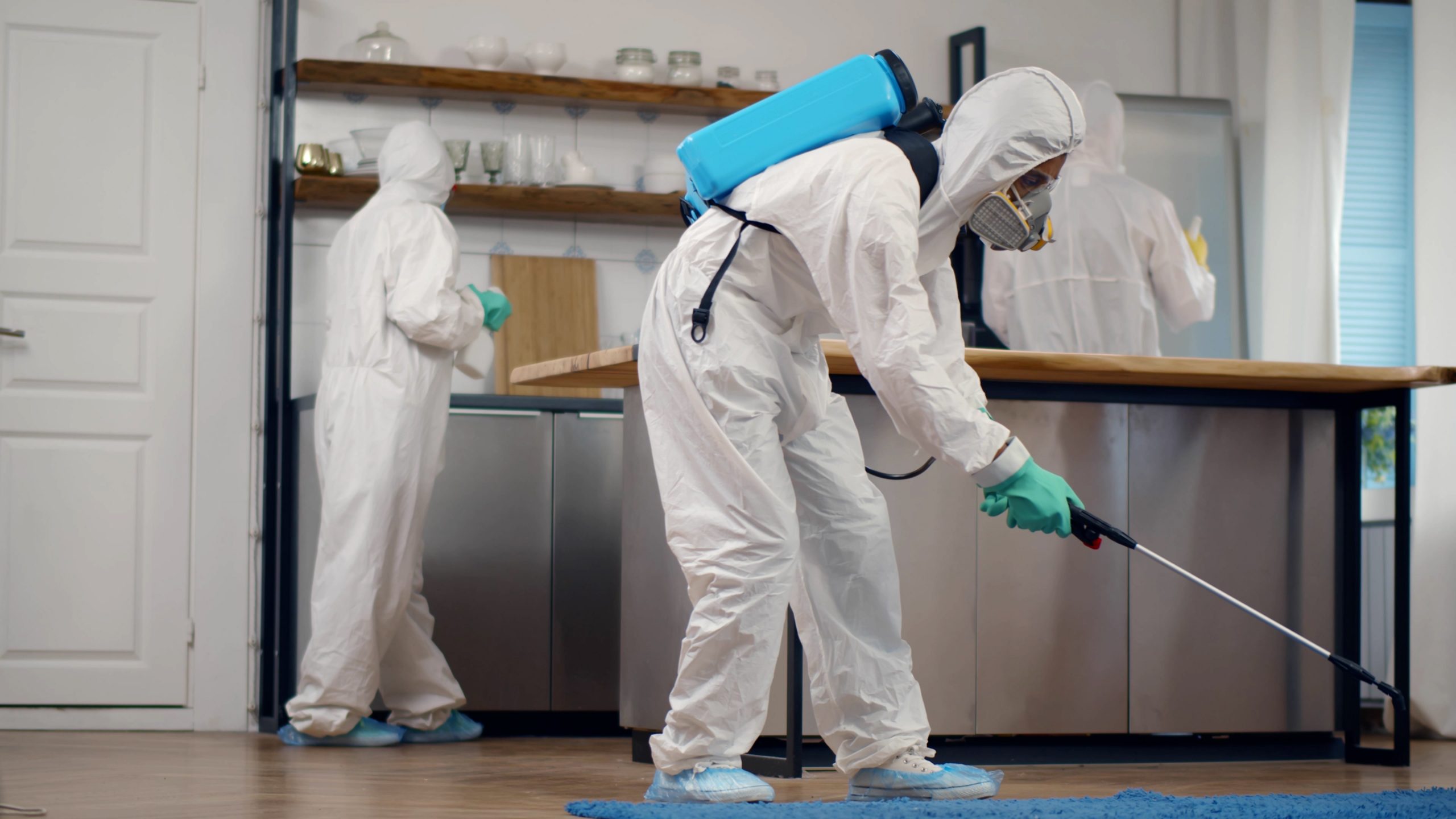Trustworthy A1 Bed Bug Exterminator Charlotte - Remove Bed Bugs Fast
Trustworthy A1 Bed Bug Exterminator Charlotte - Remove Bed Bugs Fast
Blog Article
Bed Insect Therapy Failure: Contrasting Chemical Vs. Non-Chemical Solutions
In the world of pest control, especially when taking care of the persistent problem of bed insects, the option in between chemical and non-chemical therapy options can be a crucial one. Both approaches use distinctive benefits and disadvantages, influencing factors such as efficiency, safety considerations, and overall price. By analyzing the nuanced details of each technique, a clearer understanding of which path to go after in dealing with a bed bug invasion can be acquired.
Efficiency of Chemical Treatments
Chemical treatments for bed bug problems have been extensively acknowledged for their rapid and potent efficiency in eliminating these parasites. When considering the effectiveness of chemical therapies, it is essential to understand that they can give a thorough and quick solution to a bed bug issue. Specialist pest control experts frequently count on pesticides to target bed insects at numerous phases of their life cycle, consisting of grownups, eggs, and nymphs. These chemicals commonly work by disrupting the bed insects' nerves, resulting in paralysis and eventual fatality.
Additionally, chemical treatments have the benefit of providing recurring effects, suggesting that they can remain to get rid of bed bugs also after the initial application. This residual activity is especially useful in combating any type of prospective re-infestations. In addition, the rapid action of chemical therapies can bring relief to individuals facing severe bed insect problems, permitting them to reclaim control of their space quickly.
Safety And Security Worry About Chemical Solutions
One vital aspect that needs cautious consideration when utilizing chemical solutions for bed pest therapy is guaranteeing the security of occupants and the atmosphere. Direct exposure to particular chemicals made use of in bed pest treatments can lead to respiratory problems, skin inflammation, or other adverse reactions, particularly in individuals with pre-existing problems or level of sensitivities.
In addition, the ecological impact of chemical services is another substantial factor to consider. Some chemicals utilized in bed pest therapies might be unsafe to helpful pests, wild animals, and ecosystems if they leach into the dirt or water systems. It is vital to utilize chemical therapies judiciously, complying with safety and security guidelines, and considering much less hazardous choices to alleviate these threats and guarantee the risk-free and effective monitoring of bed bug problems.
Advantages of Non-Chemical Techniques
Thinking about the potential safety and security worries and ecological effect connected with chemical remedies for bed pest treatment, discovering non-chemical techniques offers a promising option with a number of distinct benefits. Non-chemical techniques use a more secure alternative for households, specifically those with youngsters, individuals, or family pets sensitive to severe chemicals. These techniques get rid of the threats of direct exposure to poisonous compounds, decreasing the capacity for adverse health and wellness effects. Additionally, non-chemical treatments are eco-friendly, as they do not contribute to air or water contamination, making them a lasting choice for pest control.
Additionally, non-chemical options can be reliable in targeting browse this site bed insects, consisting of hard-to-reach areas where chemical therapies might not penetrate - A1 pest control services charlotte. Approaches such as heat treatment, vacuuming, steam cleaning, and bed mattress encasements supply comprehensive removal without the usage of harmful chemicals.
Limitations of Non-Chemical Treatments

Furthermore, non-chemical treatments commonly need numerous applications to accomplish successful eradication. This can be time-consuming and may not constantly guarantee complete removal of all bed bugs and their eggs, particularly in hard-to-reach or surprise areas.
In addition, the success of non-chemical treatments heavily depends on appropriate application and thoroughness, which can be challenging for people without expert expertise. Insufficient application of non-chemical methods might cause insufficient obliteration, bring about relentless invasions and the demand for extra therapies.
Consequently, while non-chemical treatments have their benefits, it is necessary to recognize these constraints and consider them when identifying one of the most efficient approach for managing bed bug problems.
Price Comparison: Chemical Vs. Non-Chemical Options
Given the restrictions associated with non-chemical treatments, an essential element to evaluate in the context of bed bug management is the price contrast between chemical and non-chemical choices. In contrast, non-chemical treatments like warmth treatment or vapor can be extra expensive, with costs varying from $1,000 to $6,000 for an entire home. While the first price of chemical treatments may seem lower, multiple treatments might be needed to totally remove the problem, potentially boosting the total price.
Final Thought

Considering the potential safety and security problems and ecological impact linked with chemical options for bed bug therapy, exploring non-chemical methods provides an encouraging option with numerous unique advantages.Offered the limitations linked with non-chemical therapies, an essential facet to review in the context of bed pest management is the expense contrast in between chemical and non-chemical alternatives. In contrast, non-chemical therapies like warmth treatment or steam can be read review more pricey, with costs varying from $1,000 to $6,000 for an entire home. While the first expense of chemical treatments might seem lower, numerous treatments may be needed to totally eradicate the problem, possibly enhancing the general price.In conclusion, when contrasting chemical and non-chemical bed pest therapy choices, it is vital to think about effectiveness, safety, advantages, restrictions, and cost.
Report this page